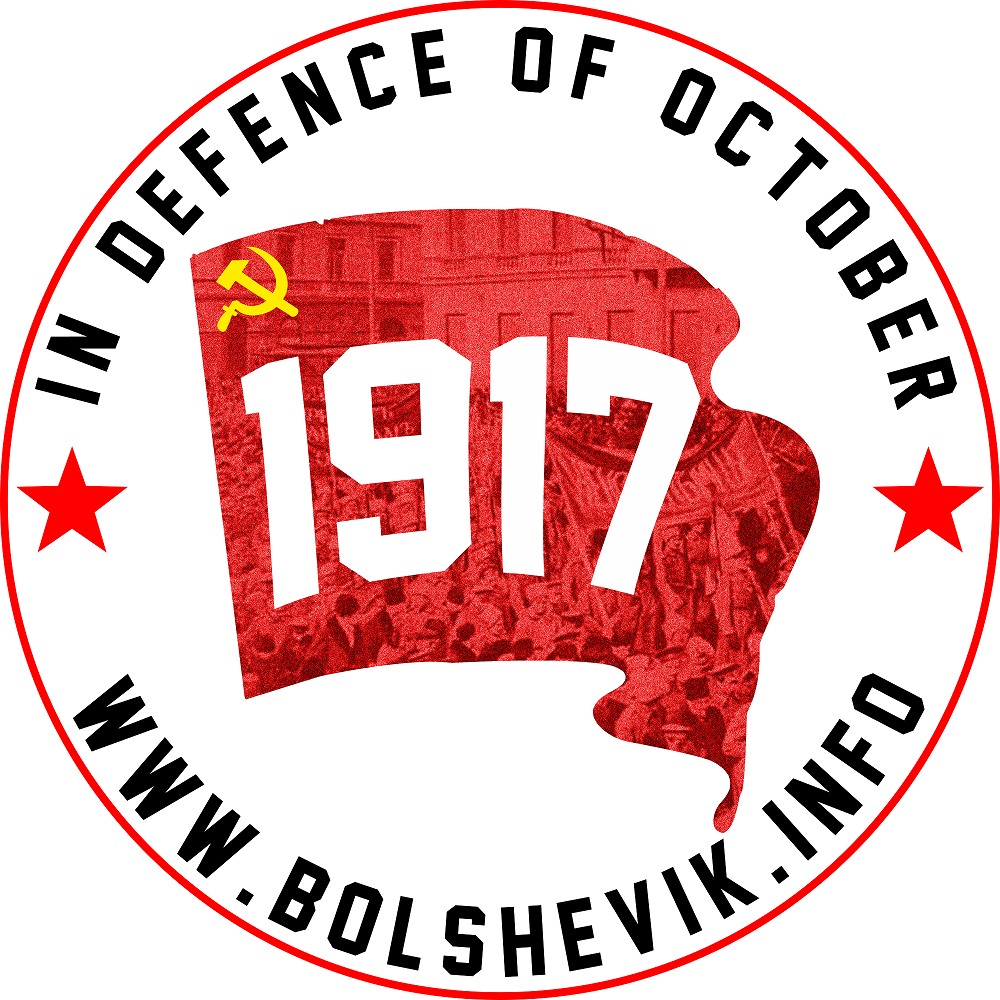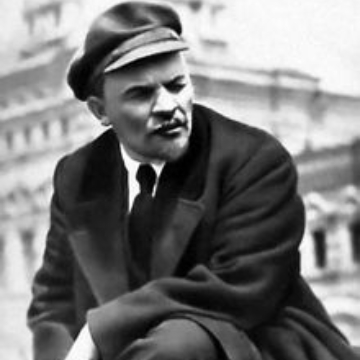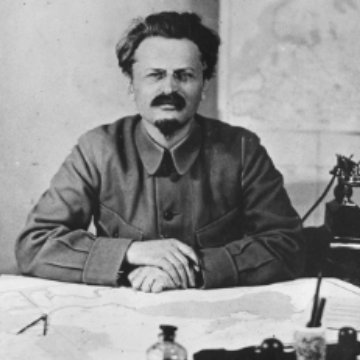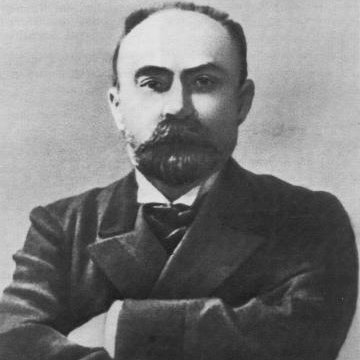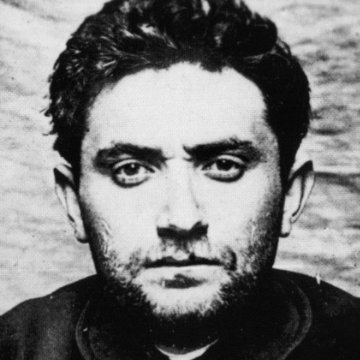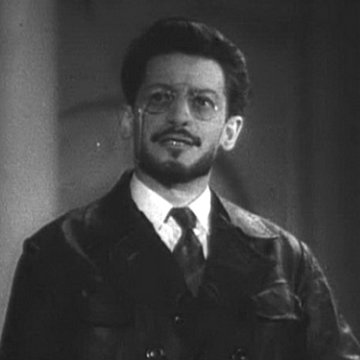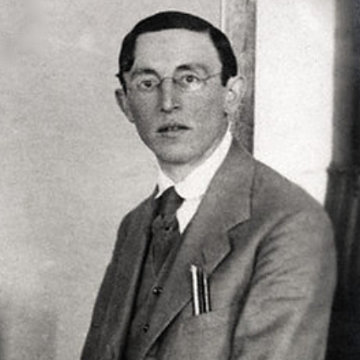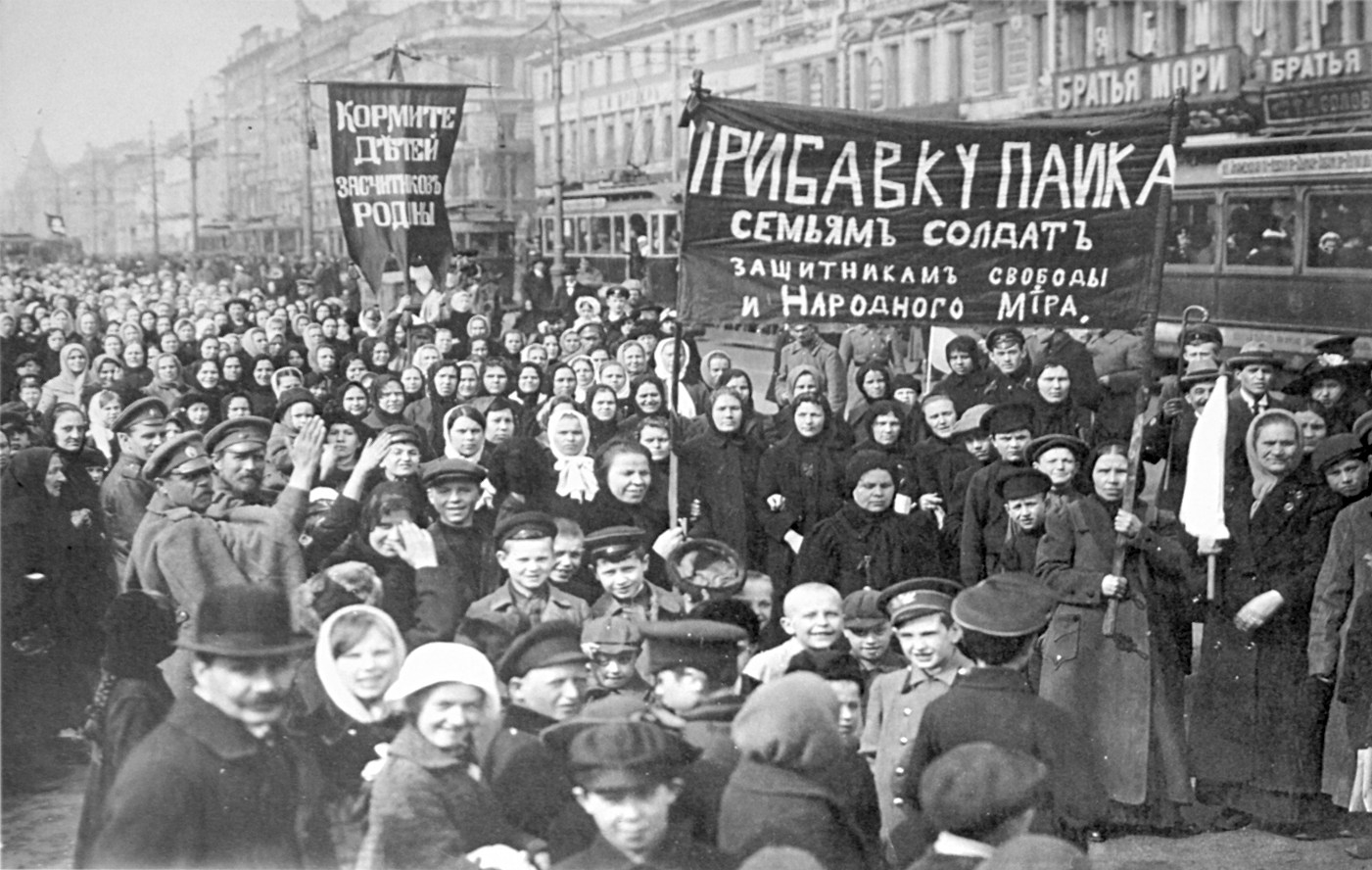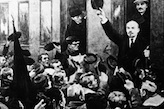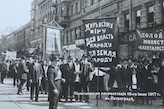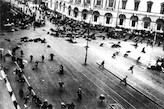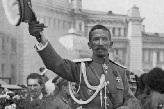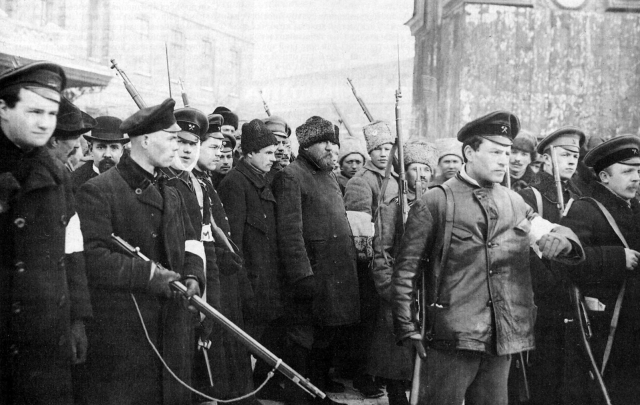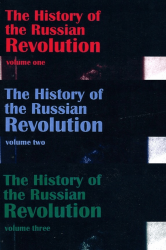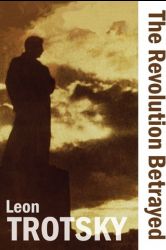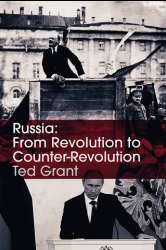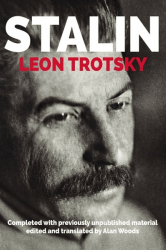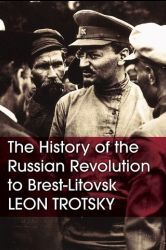Written: December 3 (November 20), 1917.
1) All land (urban) shall become the property of the nation.
2) Houses which are systematically let to tenants shall be confiscated and become the property of the nation.
3) Owners of houses that are not let to tenants shall, pending the decision of the Constituent Assembly, remain in possession without any change in their rights of ownership.
4) Several-months compensation (2 to 3 months) to owners of confiscated houses who can prove their …{1}
5) Rent shall be collected by (whom?) the Soviets (paid into the current accounts of the Soviets).
6) Building committees (the trade unions + building offices) shall take charge also of house supplies (fuel, etc.).
7) Rent payment to come in force immediately.
8) The building and house committees shall come into force gradually as and when they are set up by the trade unions and the Soviets.
9) The heating of the houses and their normal upkeep shall be the duty of the house committees and other institutions (trade unions, Soviets, fuel departments of the town council, etc.).
Notes
{1} The sentence is unfinished.—Ed.
{2} These theses were written by Lenin in connection with the draft- ing of a decree for the nationalisation of urban real estate. The draft was endorsed at a meeting of the C.P.C. on November 23 (December 6), 2927, and published on November 25 (December 8) in Gazeta Vremennogo Rabochego i Krestyanskogo Pravitelstva No. 28 under the heading “Draft Decree Abolishing Private Owner- ship of Urban Real. Estate (Adopted by the Council of People’s Commissars)”. The decree was endorsed on August 20, 2928 at a meeting of the All-Russia Central Executive Committee and published in Izvestia No. 282 on August 24.
Source: Marxist Internet Archive.

